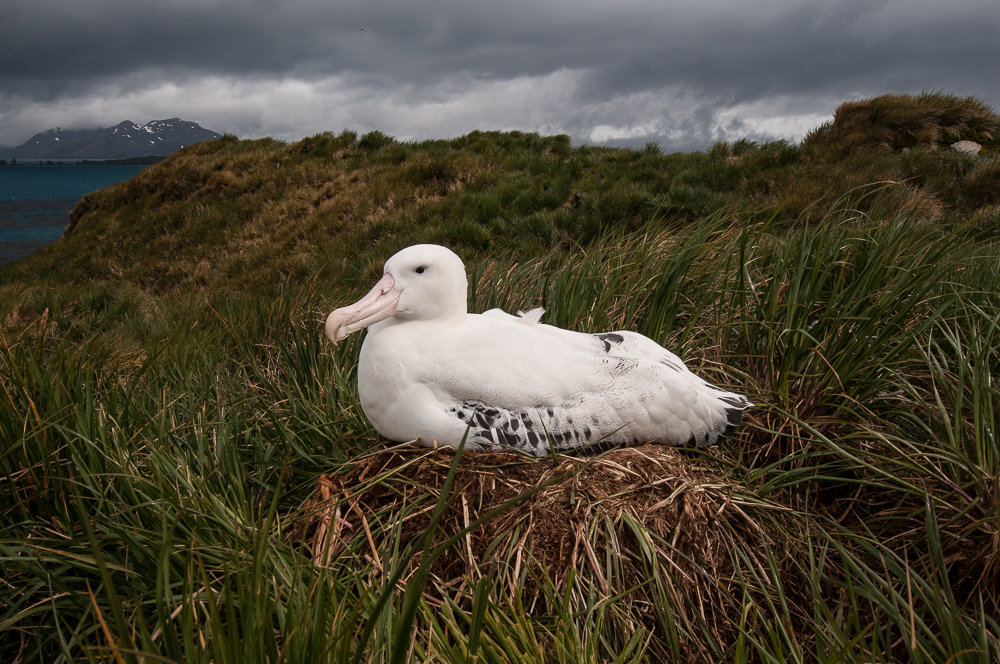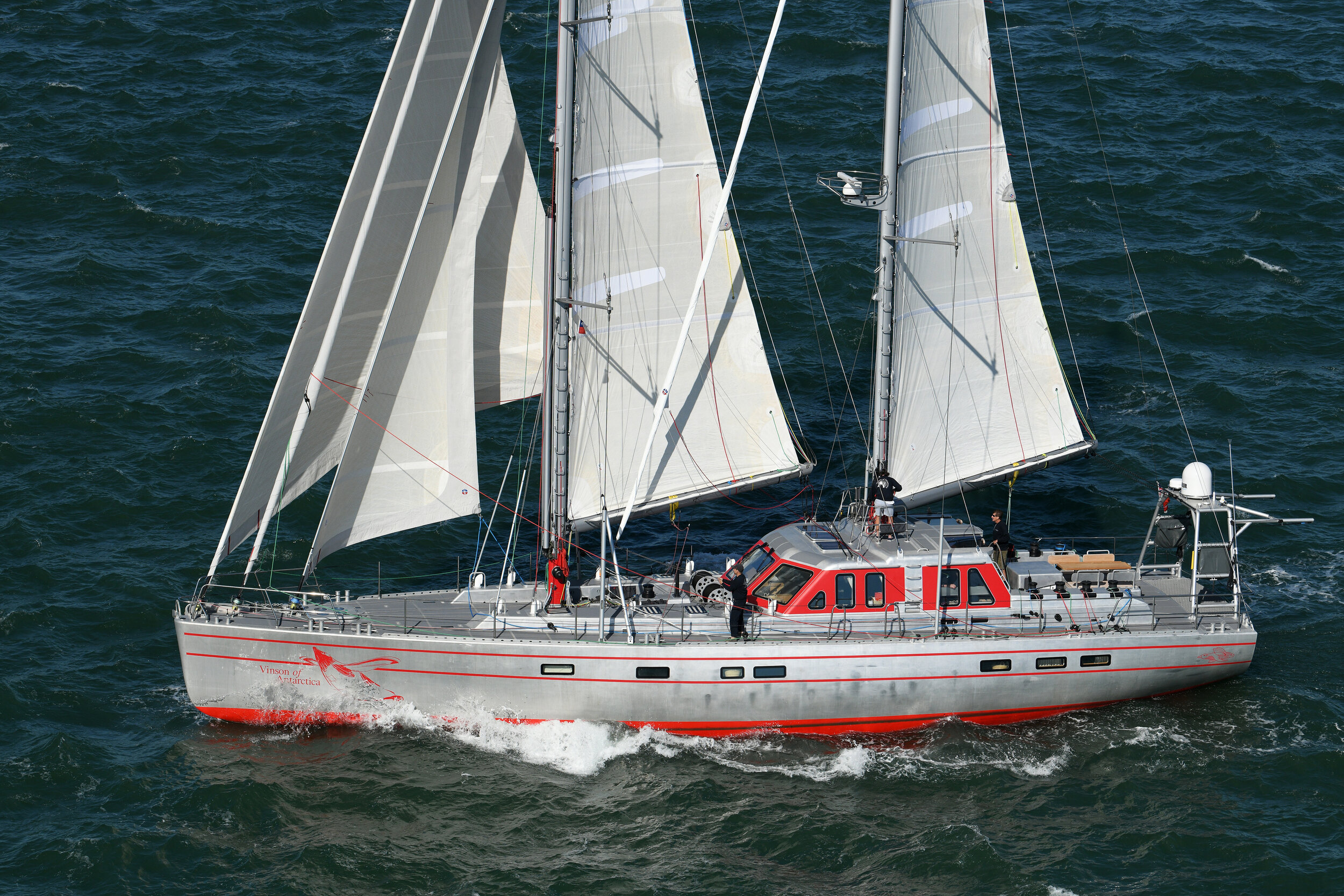 South Georgia/Islas Georgias del Sur*. "Sites all around the island are being visited by the survey group”
South Georgia/Islas Georgias del Sur*. "Sites all around the island are being visited by the survey group”
Every decade a major survey of the breeding albatrosses of South Georgia/Islas Georgias del Sur* and its associated islands is undertaken to ascertain how the island’s globally important bird populations are faring. The latest survey has been taking place this summer. The last survey, conducted in 2014/15, showed that Wandering Diomedea exulans, Black-browed Thalassarche melonophris and Grey-headed T. chrysostoma Albatrosses were all showing a sustained decline in their populations.
“In the ten years since [the last survey], a range of conservation efforts [has] been made to address the threats to the birds. Unintentional bird deaths as a result of human fishing activities are a major one. This incidental mortality generally occurs outside the South Georgia Maritime Zone in more northern latitudes. Supporters of SGHT and FOSGI have also been funding conservation work in these fisheries to encourage fishing practices that reduce bird bycatch. The 2024 survey is vital to show if these conservations efforts are working, if further action is needed, and if so, where this should be targeted.”
 A male Wandering Albatross incubates its egg on Prion Island, a tourist site, photograph by Anton Wolfaardt
A male Wandering Albatross incubates its egg on Prion Island, a tourist site, photograph by Anton Wolfaardt
The current survey has been working from two vessels. In November 2023 the Fishery Patrol Vessel Pharos SG was used to survey Black-browed and Grey-headed Albatross colonies using drones, a relatively new method for the island. Using drones to survey has potential benefits such as cost effectiveness, speed, access to difficult-to-reach areas, and can potentially reduce impact on the wildlife-dense areas being surveyed.

The survey yacht Vinson of Antarctica, photograph by Rick Tomlinson
This year the survey team is using the charter yacht Vinson of Antarctica to access tourist landing sites (such as Prion Island) and also more remote sites around the island. The main target is to count Wandering Albatrosses, including on rarely visited sites such as 1500-ha Annenkov Island, a Site of Special Scientific Interest off the south-west coast of the main island (No. 15 on the above map). Annenkov holds the second largest population of Wandering Albatrosses in South Georgia/Islas Georgias del Sur* (as many as 500 breeding pairs) after Bird Island (656 pairs in 2022). Due its remote location a census has only been conducted twice before, most recently in 2004 (click here).
Information from the online SGHT Newsletter, available by free subscription from the South Georgia Heritage Trust at
References:
Poncet, S., Robertson, G., Phillips, R.A., Lawton, K., Phalan, B., Trathan, P.N. & Croxall, J.P. 2006. Status and distribution of wandering, black-browed and grey-headed albatrosses breeding at South Georgia. Polar Biology 29: 772-781.
Poncet, S., Wolfaardt, A.C., Black, A., Browning, S., Lawton, K., Lee, J., Passfield, K., Strange, G. & Phillips, R.A. 2017. Recent trends in numbers of wandering (Diomedea exulans), black-browed (Thalassarche melanophris) and grey-headed (T. chrysostoma) albatrosses breeding at South Georgia. Polar Biology 40: 1347-1358 [click here for ALN feature].
John Cooper, Emeritus Information Officer, Agreement on the Conservation of Albatrosses and Petrels, 27 February 2024
*A dispute exists between the Governments of Argentina and the United Kingdom of Great Britain and Northern Ireland concerning sovereignty over the Falkland Islands (Islas Malvinas), South Georgia and the South Sandwich Islands (Islas Georgias del Sur y Islas Sandwich del Sur) and the surrounding maritime areas.

 English
English  Français
Français  Español
Español